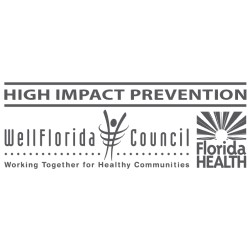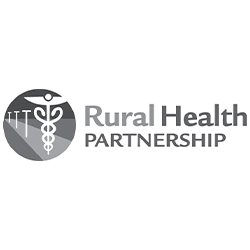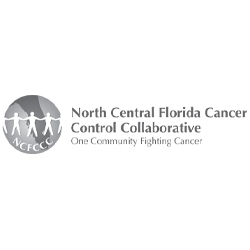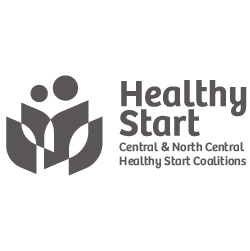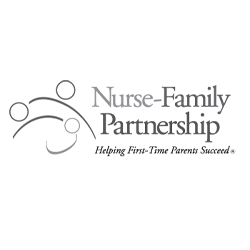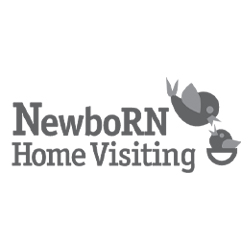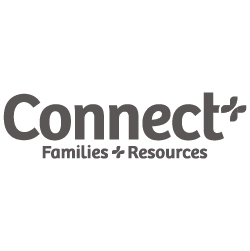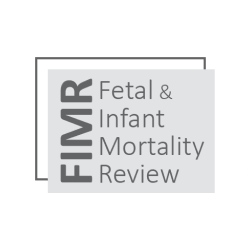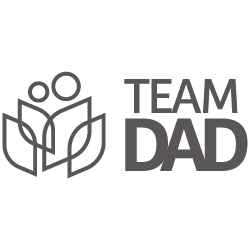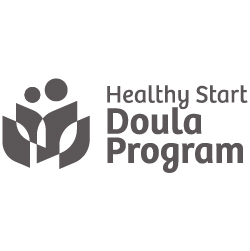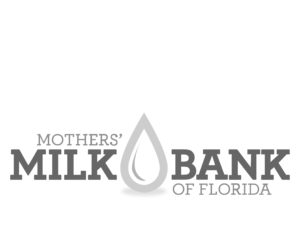Tobacco and wound healing
Cardiovascular disease, cancer and diabetes are all diseases with known links to smoking cigarettes. Smoking can also greatly inhibit the surgical treatment of these conditions, as discussed by Matthew S. Ellis, MD, at the 6th Annual Rural Tobacco Summit on “Addiction: Tobacco & E-Cigarettes.”
Surgical treatment involves a wound healing process that normally includes inflammation, repair and remodeling, said Ellis, medical director for Wound Care and Hyperbarics at North Florida Regional Medical Center. When tobacco smoke is present in the environment, however, this process can be compromised. Smoke may enter lipid layers of cells and affect smooth muscle fibers, blood pressure and enzyme formation.
Ellis’ presentation listed various effects of smoking on the skin including decreased collagen strength, decreased oxygen capacity and DNA damage. He also cited research from other health professionals demonstrating increased rates of complications for wound healing when nicotine is present. In breast reduction surgery, for example, patients are three times as likely to be in risk of skin infection. In face-lift surgery, they are 15 times as likely to suffer skin necrosis. In a 5-year “tummy tuck” surgical review, 47 percent of smokers versus 14 percent of non-smokers had wound healing complications. Another study reports that smokers tend to have extended hospital stays as well as increased postoperative respiratory and pulmonary problems. The research is unsettling but the good news is that abstinence from smoking prior to surgery is reported to reduce risks.
Retrospective literature reviews and patient studies have shown that a 3 to 8 weeks discontinuation of smoking greatly reduces healing problems after most surgeries. A massive analysis of random studies shows that cutting nicotine consumption reduces healing complications by 50 percent. It is greatly recommended that patients anticipating surgery abstain from smoking before and after the operation.
The summit, sponsored by Suwannee River AHEC, Lake Shore Hospital and North Central Florida Cancer Control Collaborative (NCFCCC), was held in April 2014. Oversight and leadership of NCFCCC is provided by WellFlorida Council.
Visit the Cancer Resource Blog for more information on cancer-related topics, grants, partnering opportunities, resources and more.
Back to News page
